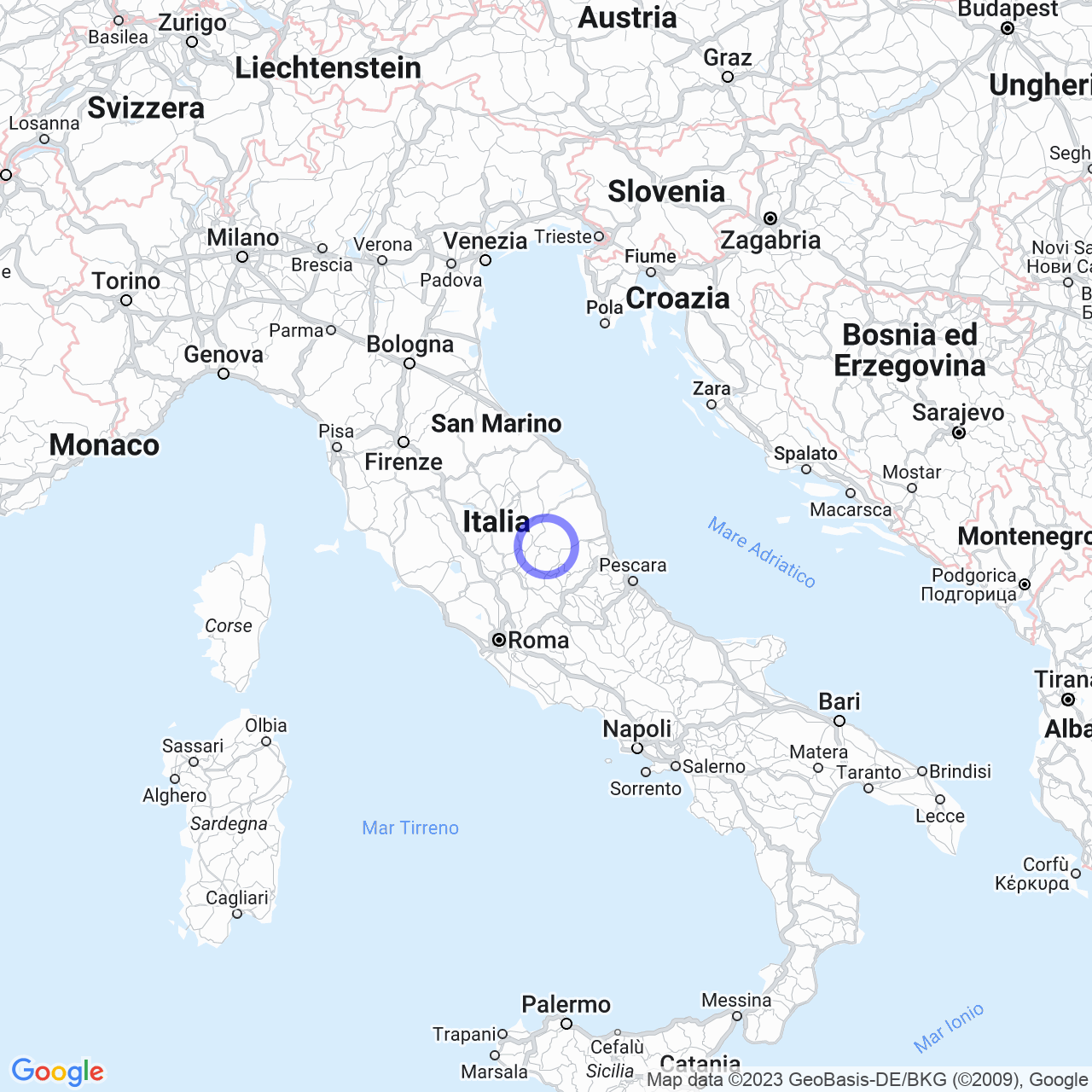Campi
Campi: A Medieval Village Immersed in Nature
Campi is a hamlet of the municipality of Norcia, located in Umbria. It is a small medieval village that develops on a slope of the Apennines, facing the chain of the Sibillini National Park and immersed in the wide panorama of the Castoriana valley.
According to Istat 2001 census data, the population of Campi is around 172 inhabitants. Agriculture and the cultivation of lentils and spelt constitute an important part of the local economy. Furthermore, the presence in the area of the Norcia black truffle and industrial activities linked to the preparation of typical Norcia cured meats, such as ham, contribute to the vitality of the area.
Tourism and Events
As part of a National Park, Campi offers various possibilities for tourist activities. Since 1982, the Pro Loco Campi has organized different events and festivities, with the help of the local Agricultural Community. The two most important events take place on the first weekend of August, with the "Castle of Taste" gastronomy and culture festival, and on the first weekend of September, on the occasion of the Madonna della Croce Festival.

Monuments and Places of Interest
Campi boasts many monuments and places of interest. Among these, the Church of San Salvatore, dating back to 1115, collapsed following the earthquake of October 26, 2016; the "Madonna with San Giuseppe" by Jacopo Siculo, from 1507; the Church of San Lorenzo, the Church of Santa Lucia, the Church of Sant'Andrea, whose lodges were destroyed by the earthquake of October 30, 2016; the Church of Santa Maria di Piazza, from 1351; the Church of Madonna del Condotto and the Church of Santa Maria delle Grazie, which also collapsed following the earthquake of October 26, 2016.
Conclusions
Campi is a medieval village immersed in nature, with many tourist activities, traditional events, and historical monuments. If you are planning a visit to Umbria, Campi could be an excellent choice for a relaxing and cultural holiday.
